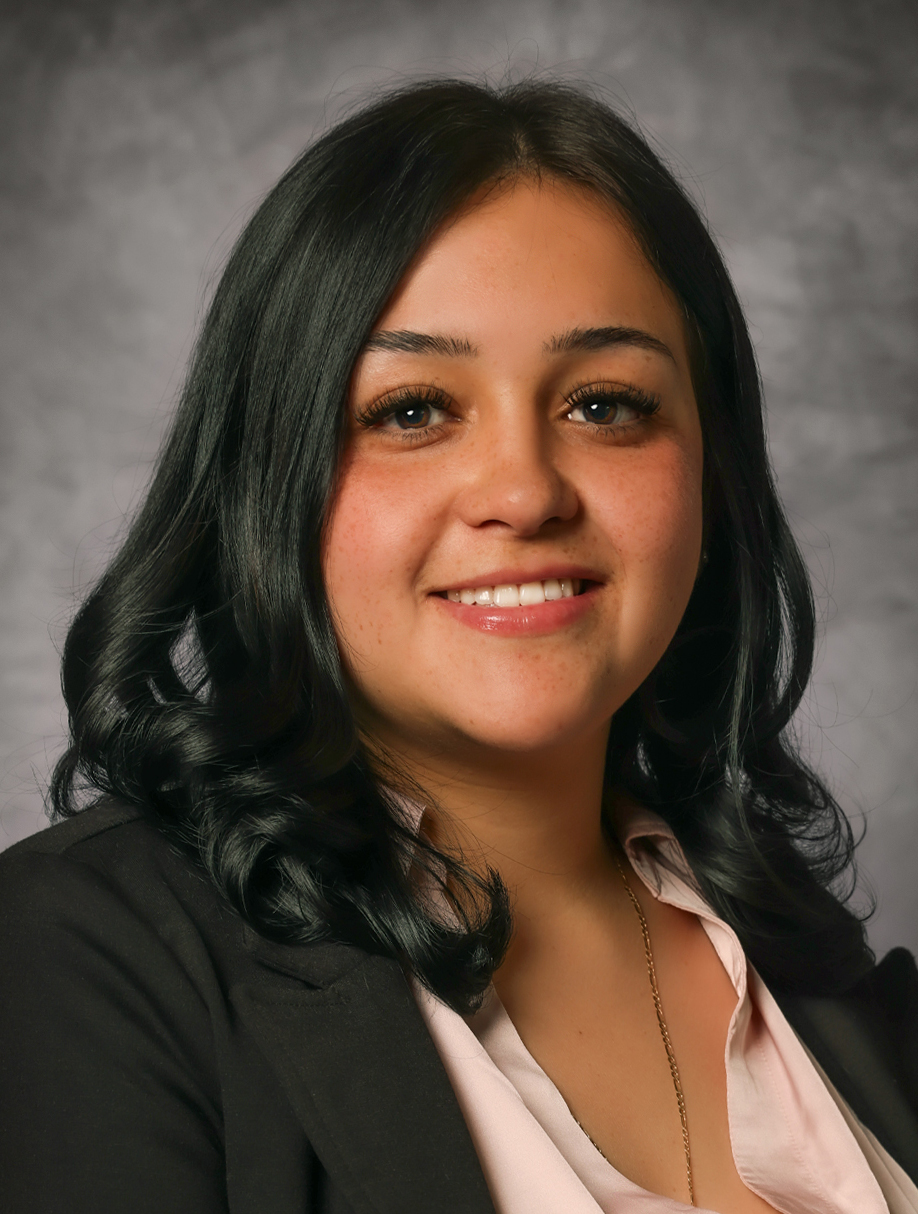COPE program has a new leader
- Category: Health & Wellness, Announcement
- Posted On:
- Written By: Deb Sutton, Sweetwater Memorial Marketing Director

Stephanie Monge will lead the next seven-week course
The COPE program has openings in its seven-week course with a new therapy leader.
COPE – Creating Opportunities for Personal Empowerment – has been going strong for more than three years with outstanding results through the Pediatric Clinic of Sweetwater Memorial.
Stephanie Monge, a new medical assistant at the clinic, is excited to lead the program.
“Children, teens and young adults aren’t getting the help they need with mental health,” Monge said. “I want to be part of this line of work because I truly believe nothing is more rewarding and fulfilling than setting up children and adolescents with lifelong coping skills. I am excited to be part of this new change.”
Tammy Walker, CPNP-PC, with the Pediatric Clinic said she looks forward to working with Monge. Walker has successfully led the program since May 2020.
“I love the COPE program because I’ve seen it help so many children with fundamental coping skills.,” Walker said. “These skills help kids deal with disappointment, negative self-talk, self-esteem issues, and more. I look forward to expanding access to this program with Stephanie. She’s smart, attentive, and she brings great energy to the Pediatric Clinic.”
 Monge has completed the COPE training and is ready to draw on her mix of work experience as an English Language Learner paraprofessional and as a cardiology and urgent care medical assistant.
Monge has completed the COPE training and is ready to draw on her mix of work experience as an English Language Learner paraprofessional and as a cardiology and urgent care medical assistant.
COPE is a seven-week cognitive behavioral therapy program designed to build resiliency skills in children and teenagers. Openings are available in the program aimed at helping children, teens and young adults cope with stress and anxiety. The Cognitive Behavioral Therapy-based program is aimed at helping anyone from age 8 to 21 who is struggling with anxiety and depression.
COMMON SYMPTOMS:
Depression: Irritability, sadness, sleeping too much or too little, gaining or losing weight, feeling guilty or hopeless, having trouble concentrating or making decisions, thinking a lot about death or suicide.
Anxiety: Anger, irritability, nervousness, trouble separating from family, sleep disturbance, obsessive thoughts, somatic symptoms such as regular headaches or stomachaches.
CONSIDER THIS:
Cognitive Behavioral Therapy-based programs are the gold standard for mild to moderately anxious and depressed kids and teens.
- 1 in 4 children, teens and young adults have diagnosable and treatable mental health conditions.
- Less than 25% of this population gets the treatment they need.
- Depression is a significant risk factor for suicide.
- Suicide is the second-leading cause of death in people ages 10 to 24.
To find out more about the program or to make an appointment, call 307-212-7717.



